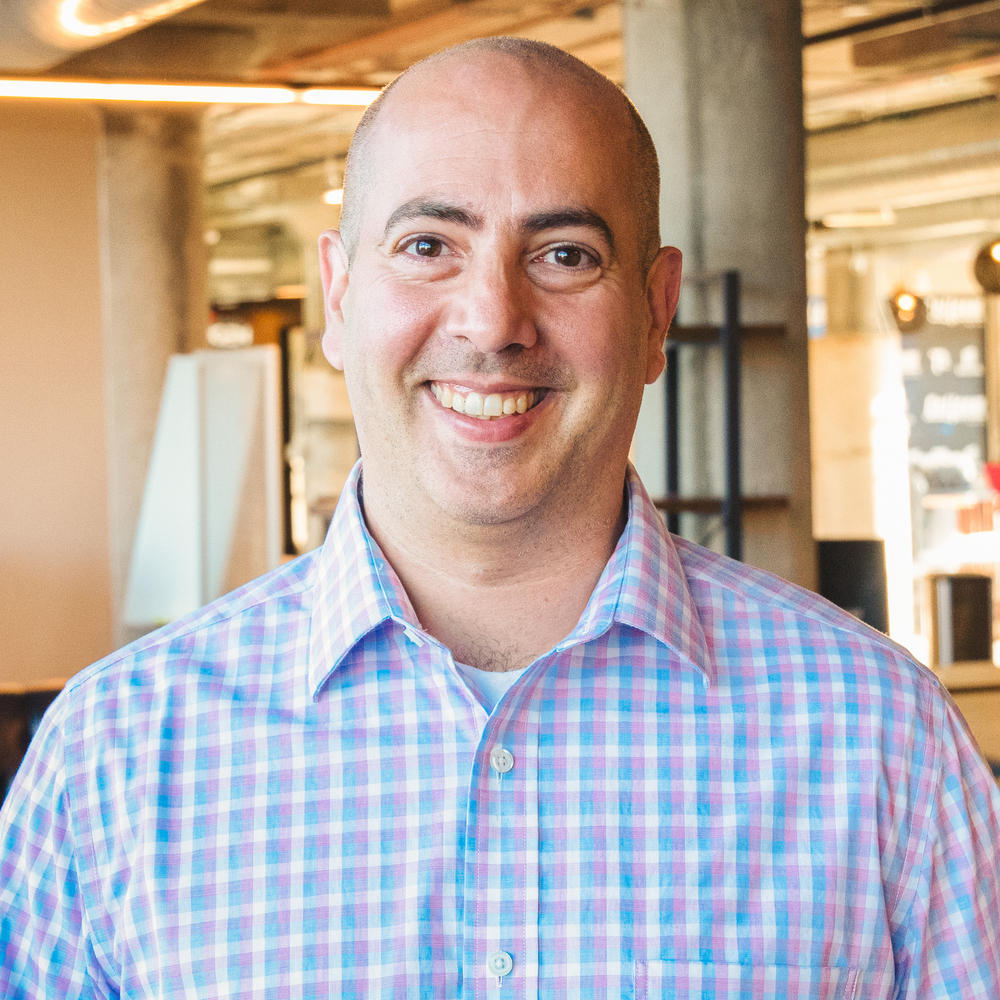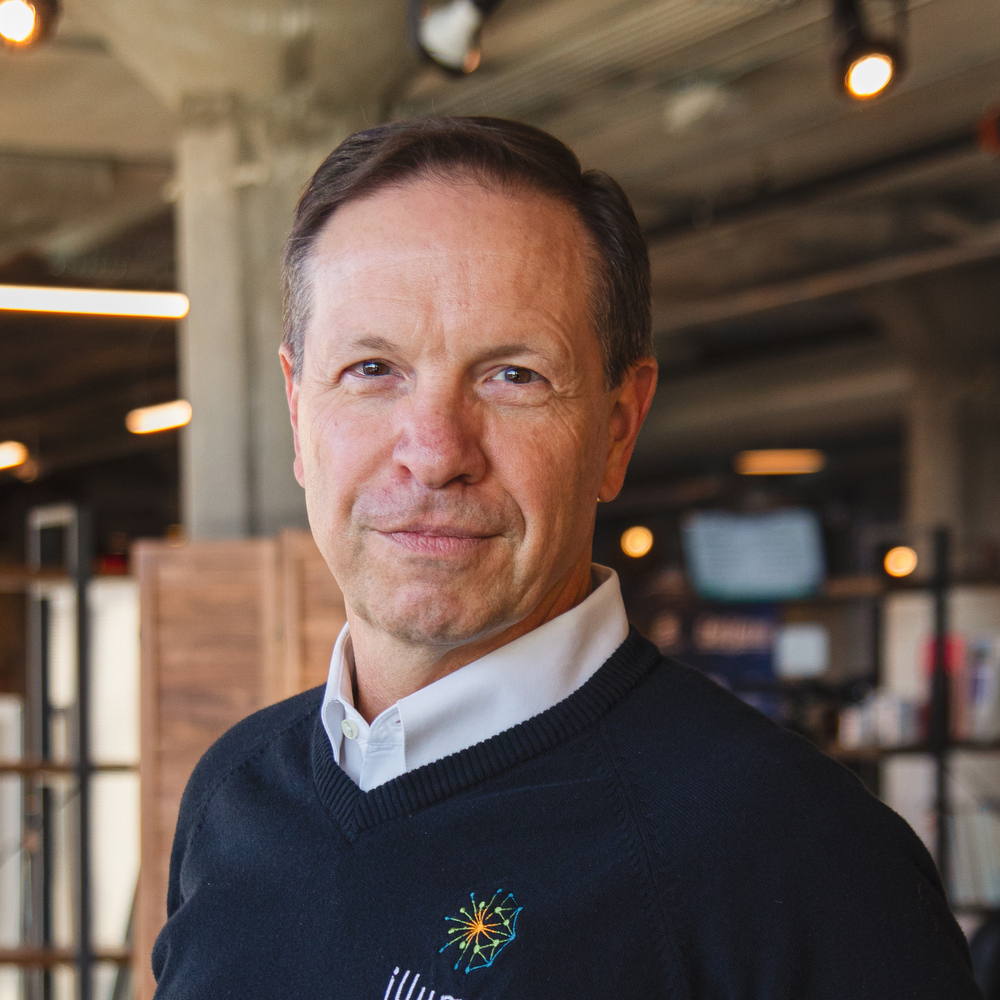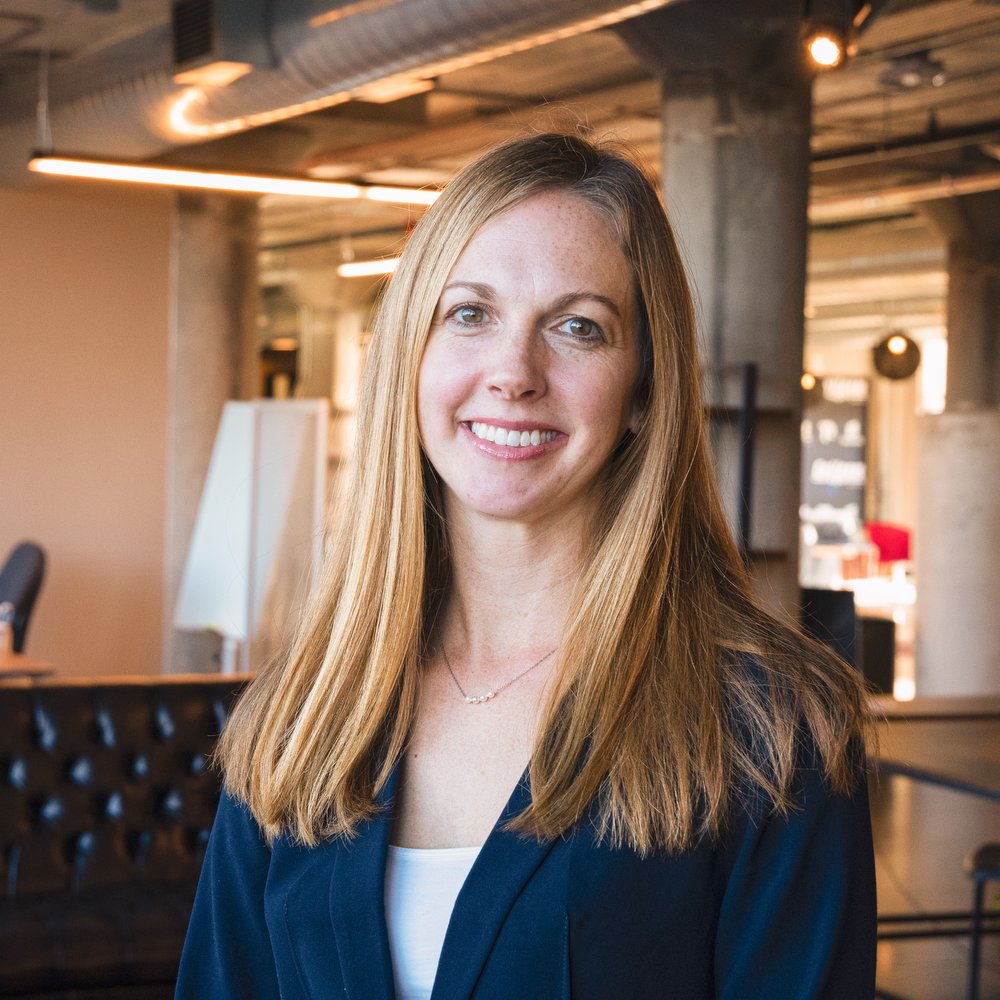In the intricate world of work, stress is a universal experience, yet profoundly personal in its impact. Our individual personality traits—the core dimensions of the Big Five model—act as unique filters through which we perceive, process, and respond to workplace pressures. In this article, we focus on the Big Five Trait of Conscientiousness, and how individuals high and low in each trait handle stress and provide actionable coaching tips for personal growth and team success.
High Conscientiousness
Individuals who score high in Conscientiousness are organized, disciplined, goal-oriented, and have a strong sense of duty. They tend to be reliable and strive for achievement, often setting high standards for themselves in the workplace. Their approach to stress is typically proactive—they plan, prioritize, and work diligently to meet deadlines and expectations, which can help reduce stress by keeping them in control of their workload.
How They Handle Workplace Stress?
Strengths
High-conscientiousness individuals often handle stress by being well-prepared, maintaining order, and working hard to stay ahead of deadlines. Their structured approach allows them to manage stress effectively in environments where they can plan and organize their tasks.
Challenges
However, their high standards and strong sense of responsibility can sometimes work against them. They may place too much pressure on themselves, become perfectionistic, and struggle with delegating tasks, leading to burnout. They might also experience heightened stress in chaotic or unpredictable environments where they feel they lack control or cannot maintain their usual high level of performance.
Coaching Tips for High Conscientiousness
1. Encourage Self-Compassion: Help them recognize when they are being too hard on themselves and coach them to practice self-compassion. Emphasize that perfection isn’t always necessary, and remind them that it’s okay to make mistakes.
2. Prioritize Work-Life Balance: Encourage them to take breaks and set boundaries between work and personal life to avoid burnout. Stress the importance of recharging to maintain long-term productivity.
3. Support Delegation Skills: Teach them to delegate tasks and trust others to share the workload. This will help them manage stress more effectively and avoid feeling overwhelmed by taking on too much.
4. Adaptability Training: Coach them to be more flexible and adaptable in fast-paced or unpredictable environments. Encourage them to focus on the progress they’ve made rather than getting stuck on setbacks or changes in plans.
Low Conscientiousness
Individuals who score low in Conscientiousness tend to be more spontaneous, less organized, and may struggle with long-term planning and follow-through. They are often less focused on structure and may prefer to handle tasks as they come. In the workplace, they may approach stress with a more laid-back attitude, but this can sometimes lead to procrastination or missed deadlines, which can compound stress over time.
How They Handle Workplace Stress?
Strengths
Low-conscientious individuals are often more relaxed and less affected by pressure to achieve high levels of order or organization. They tend to handle stress better in flexible, fast-paced environments where there’s less emphasis on rigid processes and more room for improvisation.
Challenges
Their lack of organization and difficulty with planning can lead to increased stress when deadlines approach, tasks pile up, or when they are expected to handle multiple responsibilities. Procrastination or inconsistent work habits can result in last-minute stress, putting pressure on both them and their teams.
Coaching Tips for Low Conscientiousness
1. Introduce Structure Gradually: Help them develop basic organizational habits like to-do lists, time blocking, or prioritizing tasks. Start small to avoid overwhelming them with too much structure at once.
2. Teach Time Management: Encourage them to plan and break large tasks into smaller, manageable steps. Help them set realistic goals to meet deadlines without feeling overwhelmed.
3. Focus on Accountability: Work with them to increase their sense of responsibility by holding them accountable for meeting deadlines and goals. Regular check-ins can help them stay on track and reduce last-minute stress.
4. Highlight Flexibility Benefits: Acknowledge their strengths in flexibility and adaptability but emphasize the importance of balance—some level of organization will help them handle stress more effectively in the long run.
Understanding where individuals fall on the Conscientiousness spectrum helps coaches and leaders provide the right support. High-conscientious employees may need help with self-compassion and delegation, while low-conscientious individuals may benefit from guidance in organization and time management. Tailoring stress management strategies to these tendencies can greatly enhance productivity and well-being in the workplace.
The Big Five Traits Blog Series
We have created a five-part blog series that explores how each of the Big 5 traits—Stress Quotient, Extraversion, Conscientiousness, Agreeableness, and Openness to Experience—shapes our experience of workplace stress. Each article delves into how individuals high and low in each trait handle stress and provides actionable coaching tips for personal growth and team success. Read the other articles in the series below.
The Big Five Trait of Stress Quotient and Handling Workplace Stress | Illumyx
The Big Five Trait of Extraversion and Handling Workplace Stress | Illumyx
The Big Five Trait of Agreeableness and Handling Workplace Stress | Illumyx
The Big Five Trait of Openness to Experience and Handling Workplace Stress | Illumyx





